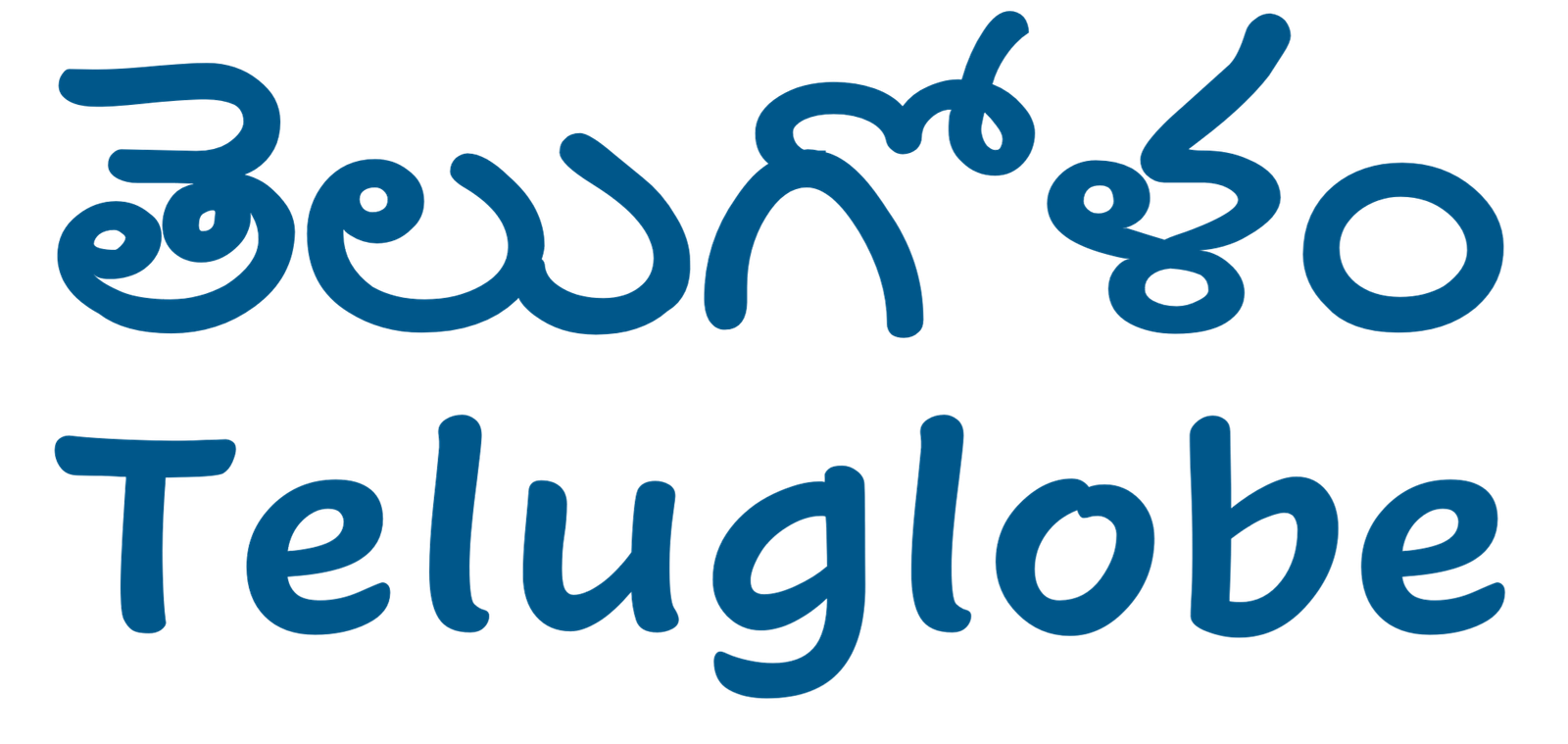Most of the followers of this blog and my internet radio show know that I have been very critical about many for-profit universities in general and what I consider as universities of fraud in particular. In past I did call out a few universities by name and mention that the degrees they are awarding are essentially worthless. However, I have been leery about labeling particular universities as complete fraud. Early this year, the Tri-Valley University saga opened a new chapter in this fight against universities of fraud.
In the wake of Feds shutting down Tri-Valley University, some callers on my show have asked me to name a few universities which I think are fraud. I don’t recall if I named any in response to those calls. Most probably I did not name University of Northern Virginia (UNVA). For, I did not have any hard evidence to support my assertions. However, if anyone has asked me privately, I would not have hesitated to name UVNA as a questionable entity. In fact, in my recent trip to India, a relative of mine asked me about UNVA in particular. I did not hold any punches and told him that not only UNVA is not a reputable university, it is also not accredited, and most possibly it is a big fraud.
View more videos at: http://www.nbcwashington.com.
View more videos at: http://nbcwashington.com.
As in the case of Tri-Valley University, about 90% of the students who are affected by this action by the Feds are Indians, and a vast majority of them are from Andhra Pradesh. I beg to differ from the standard line of excuse: ignorance or innocence. We all know the maxim: ignorantia legis neminem excusat (ignorance of the law excuses no one.) I contend that it is willful participation by many.
Now that Feds got into the picture, local and national Indian organizations are entering the scene to minimize the damage to students. This is commendable. However, shouldn’t these organizations be doing something preventive rather than being reactive? Come on; please don’t tell me that we could not possibly know. Many people knew. For example, many of us living in the Washington, DC area have our suspicions about UNVA. Yet we said or did nothing to convince those students to seek alternatives.
For get the involvement of organizations. I ask myself, “As an educator and a concerned citizen, what role do I have here?” That is, to say or do something so as to PREVENT the damage that could be caused to its student body. For that matter, don’t you think that this news is a cause of concern for the entire Indian community? It is a concern not just because Indian students are affected, but also because reputation of Indian community as a whole is at stake! Doesn’t frequent news like this breed prejudice that Indians are suckers for fraud, or worse, enablers of fraud?
I have no convincing answers to the issue of community role. However, I understand the awkward nature of telling a student on his face that the university he chose is possibly a fraud. Most likely, the student is also aware of it and he/she is ‘registered’ with university anyway. For, they are providing a ‘legal’ cover for working while still being a student. There may very well be some delusion at play here: “It won’t happen to this school,” or, “It won’t happen to me.”
Four weeks ago, Ms. Lisa M. Krieger of San Jose Mercury News interviewed me for her investigative piece, “Universities or Visa Mills” (SJMN, 7/17/2011). While my quotes did not make into the final article, as an off-the-record comment I told Lisa that University of Northern Virginia could very well be the next Tri-Valley University. It appears that Lisa’s article was delayed by one week due to the vetting process. Perhaps my bold statements about some of the universities were either not relevant to the article or my comments did not clear the vetting process by the SJMN lawyers. My hunch is that other than from my off-the record comment, Lisa may have heard a thing or two about UNVA from other sources. As the news about UNVA broke out, the first thing that came to my mind is that Lisa’s article did not mention anything about UNVA. I said to myself, “If a major news paper with its vast resources has to scrutinize a thoroughly investigated piece by a veteran journalist, it is quite understandable that normal people are careful in making public comments.”
(to be continued)



Here is a place to start: http://ope.ed.gov/accreditation/;
also, you can check if the school has SEVIS approval: http://www.ice.gov/doclib/sevis/pdf/ApprovedSchools.pdf
Hi,
How can we know whether the university is fully accredited or not?Where can we find such information regarding the universities?
Even unknowingly , I don’t want to misguide.
Thanks.